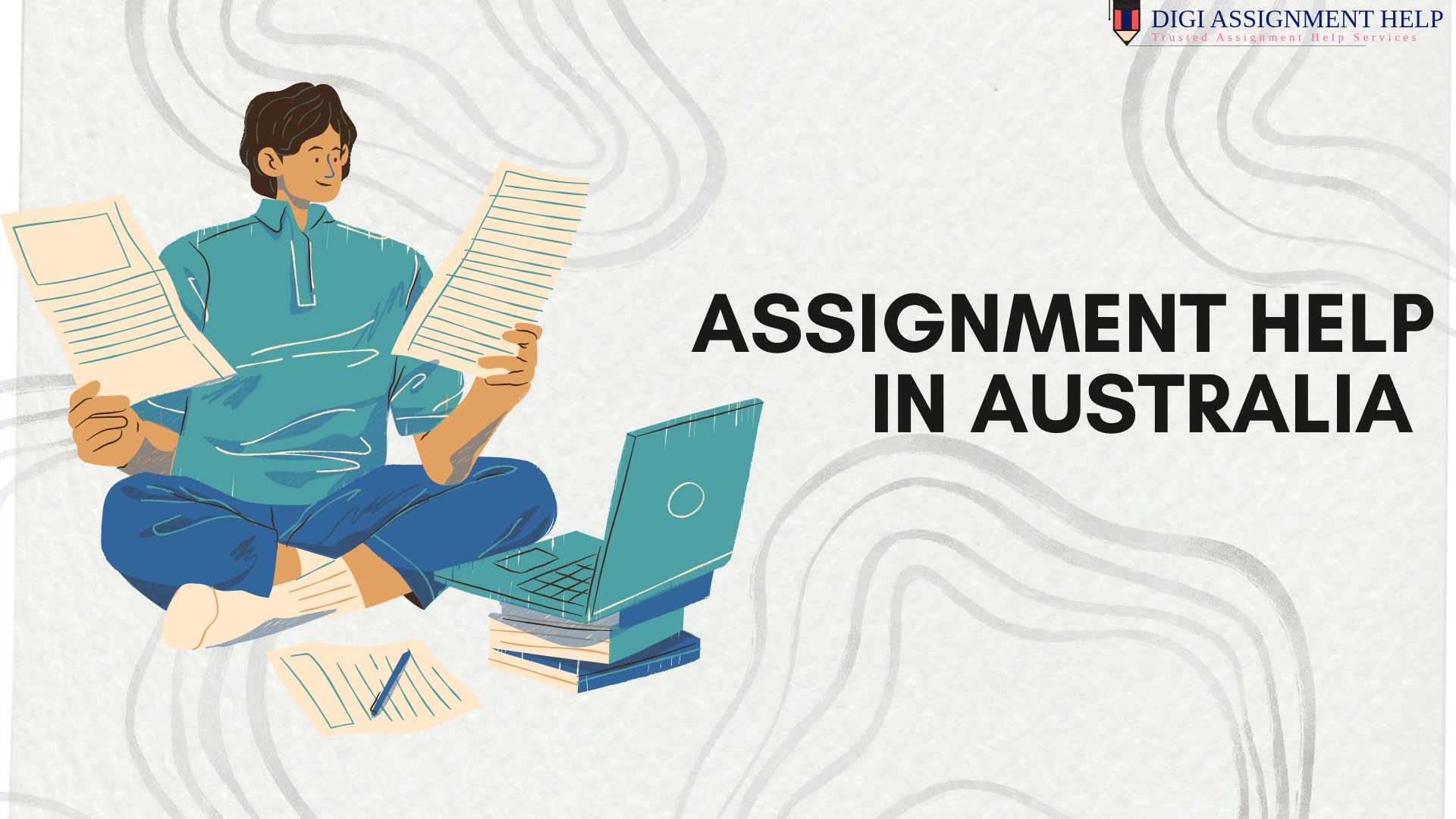How can I improve my public speaking skills?
 20-Sep-2024 05:25 AM
20-Sep-2024 05:25 AM

Public speaking is an extremely important skill which is crucial in both personal and professional. It is a tool for communication, and to express oneself better. In personal life, it assists in building better relations and boosting confidence.
And when one is addressing an audience it helps them to expand their network and interact better. During public speaking, one must retain the attention of the audience. You might have to address a diverse range of audience.
You could be speaking to a group of business executives in a boardroom, toasting at a wedding, or presenting at a community function.
Still, a lot of people feel public speaking is one of their biggest fears. The good news is that this is a skill that can be developed. One needs the correct techniques and regular practice, just like any other skill.
We'll go over practical techniques in this blog to hone your public speaking abilities. Once you master how to present yourself right it will boost your confidence and make your presentations more engaging. Good communication and confidence eventually improve your performance.
1. Understand Your Audience
A key aspect is having a clear grasp of your audience. Who do they represent? What are their interests, concerns, and expectations? They will listen to you once you align with them.
For example, technical jargon could be used if you're addressing a group of experts in your industry. But if the audience is beginners, you should simplify your language for them to understand.
Tips: Take the time to learn about your audience before you start writing your speech. Consider your audience's age range, experience in their field, and any other beliefs.
2. Write A Sensible Message
What you want your audience to carry with them is important. Your speech should be clear, logical and concise. It will ensure your audience stays connected and does not get lost in unnecessary details.
Tip: You can use the "rule of three" to structure your message. You can break your speech and focus on speaking one point at a time.
3. Effectively Organise Your Speech
A speech should be well-structured. It should have a distinct beginning, middle, and end. Your readers should be captivated by your introduction, your main arguments should be covered in the body. You should conclude by summing your thoughts and offering a call to action. Poor preparation can make your audience confused and reduce the effectiveness of your presentation.
Advice: Storytelling is a great way to introduce your major points. It draws the audience in and humanises your speech. An impactful personal narrative may emotionally connect with your audience.
4. Practice, Practice, practice
The foundation of developing any skill, including public speaking, is practice. You become more comfortable with what you say as you practise. It boosts confidence.
You can perfect your body language, pacing, and delivery. To check your performance you can practise in front of friends and family. The mirror method of recording yourself is also an effective strategy.
Tip: As you speak, imagine you are talking to the public. Practice will help with public presentation, to help you project your voice in a big room. The little modifications will boost your public speech skills.
5. Master your Body Language
How to get better at this skill involves more than just using words. It is also about confidence. Maintaining a good composure is necessary. Flawed posture, lowered gaze, or tense motions can reflect weak confidence. It can weaken your connection with the audience.
Tip: You should stand straight and maintain open and relaxed postures. Make eye contact with your audience consistently. Don't just look at one spot or look at your notes often.
6. Master Your Tone
It is important to have a good command of your tone for public speaking skills. You can draw attention to important issues. You can boost your public communication skills better with your tone, speed, and volume.
Dynamic voice delivery captures listeners' attention. Speaking too quickly or in the same tone can be boring.
Tip: You can work on changing the pitch and speed of your voice. For example, you can use a lower tone when showing authority. A louder tone can be used to show excitement.
7. Managing Anxiety
Public speaking naturally causes nervousness. Even experienced speakers feel nervous before presenting. You can control this feeling by breathing to calm yourself.
Tip: You should keep a positive attitude towards the event. If you get overwhelmed, you can take a pause. It is better to gather your thoughts rather than stuttering.
8. Captivate Your Viewers
A captivating presentation engages the attention of your readers. By using the right methods you can deliver an excellent presentation. By involving your audience, you turn them from being passive listeners into active participants in your speech. To keep up with their attention. You can pose rhetorical questions, use humour, or promote quick conversations.
Advice: You can consider a brief Q&A session if you have the time. You can also ask for a show of hands to help your audience feel included. Your message will be more likely to stick with an audience that is actively listening to it.
9. Make Use of Visual Aids wisely
Slides, charts, and videos are a couple of visual aids that can improve your public speaking when used properly. However, they should be just a part of your speech, not the entire speaking session. If you utilise slides too much, you risk boring the audience.
Advice: Make sure your slides are eye-catching and easy to read. Do not overburden the slides with many texts. You can use bullet points to pinpoint your points better. This can be used to detail the points concisely.
10. Get Feedback and Keep Getting Better
Feedback is an underrated tool for working on your skills. Speaking in front of an audience requires ongoing learning. No matter how proficient you get, you can always get better.
Getting constructive criticism after every speech is crucial for development. You can seek feedback from mentors, coworkers, or reliable friends. This will help you to get better with strategies, content, and delivery.
Tip: Practise your public speaking and view them with a critical eye. Examine your body language, audience involvement, and use of filler words to see where you may make improvements.
11. Seize the Opportunities
You get better at public speaking the more you do it. Don't wait for public occasions, such as corporate presentations to better yourself. Make the most of intimate situations by offering to chair meetings, making up speeches on the spot, or even going to public speaking courses.
Tip: You can join public speaking courses or groups to hone your skills. They provide regular support and an appropriate environment. This will help to accelerate your improvement.
How Can Students Work On Their Public Speaking?
Students can excel in their speaking skills with the help of professionals. Professional platforms like Digi Assignment Help excel in providing academic assistance to students.
Our professionals help to build a strong understanding of the subject. This gives students the confidence they need to speak without any fear.
We further correct and guide you to present the material better, not only in writing but in presenting yourself.
You may greatly improve working on your voice and body language. First, know your audience, and formulate a clear message. There is always more to learn and develop as a speaker, regardless of experience level.
Recall that each speech you give is a step toward. With every presentation, you become a more assured and captivating public speaker. Hence don't hold back, take help from our professionals and get better at public speaking now.



























